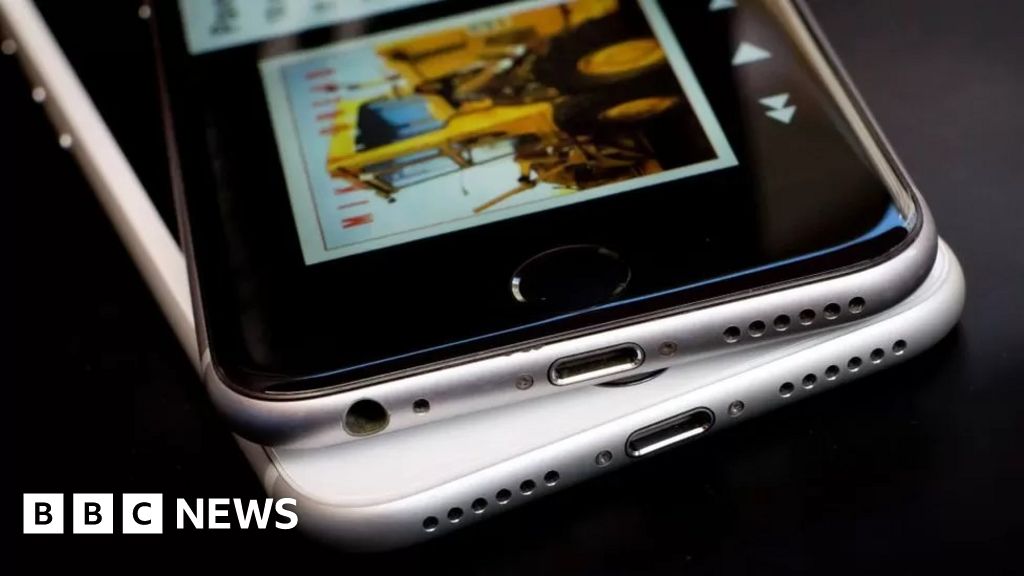- cross-posted to:
- technology@lemmy.org
- cross-posted to:
- technology@lemmy.org
Apple pays out over claims it deliberately slowed down iPhones::The tech giant is compensating US customers and faces similar allegations in the UK.
Complainants will receive a cut of a $500m (£394m) settlement which works out to around $92 (£72) per claim.
Nice.
Something doesn’t add up, the article mentions around 24 million iPhones, so that would be around $21.00 per phone.
Perhaps not all 24 million people will cash out? IDK.
This is the best summary I could come up with:
Apple has begun making payments in a long-running class action lawsuit over claims it deliberately slowed down certain iPhones in the US.
Apple agreed to settle the lawsuit in 2020, stating at the time it denied any wrongdoing but was concerned with the cost of continuing litigation.
The US case dates back to December 2017, when Apple confirmed a long-held suspicion among phone owners by admitting it had deliberately slowed down some iPhones as they got older.
But it was accused of throttling the performance of certain iPhones without telling its customers, and the uproar resulted in Apple offering a cut-price battery replacement to fix the problem.
Mr Gutmann told the BBC he was pleased to hear about payments being made in the US, but warned it does not have any bearing on the UK case.
He said Apple was “fighting tooth and nail” against the UK class action, which will next appear at the Court of Appeal who will consider a call from the firm to halt the case.
The original article contains 425 words, the summary contains 170 words. Saved 60%. I’m a bot and I’m open source!
So, what…$15 payout?
Before “processing fees” the lawyers charge, to accept/verify/pay the customers…
Why is the line drawn here instead of them being in control of “your” phone in the first place.




